Earlier this year both Carillion and Thomas Cook spectacularly collapsed when it became clear that their respective boards failed to spot financial warning signs. Both the Corporate and Stewardship codes make clear directors collective responsibility for performance, so why do we find yet another board failure to scrutinize the accounts? M&C Saatchi has admitted to overstating revenue by up to £12million over the past 5 years due to ‘misapplied accounting policies’.
M&C Saatchi earned revenue of £420million in 2018; its share price on 9 August 2019 was a lofty £339 but by 4 December 2019 it had fallen to £79. In three months value fell by three quarters as investors took flight once the accounting malpractice was first revealed in August. The firm now has a market capitalisation of £95million. It had counted revenue it hadn’t actually received and included defunct assets on its balance sheet. Why hadn’t anyone on the main board noticed this?
This is reminiscent of the Tesco accounting fiasco in 2014 when the grocery multiple inflated profits by £326million and was fined for ‘improper revenue recognition’. Tesco had convinced its auditors PwC that it was common industry practice to show future rebates as income in the current financial year. This resulted in a deferred prosecution agreement (DPA) with the Serious Fraud Office (SFO) to the tune of £129m and a settlement with the Financial Conduct Authority (FCA) of £85m for market abuse compensation.
Although KPMG had resigned as auditors for M&C Saatchi, Sir Michael Peat, a founder of the accountancy firm which bears his name was until recently a board director; maybe the KPMG auditing team was not as fastidious as it should have been due to his presence on the board? This has been going on since 2014 hence the provision for almost £12million over the past five years. This week four Saatchi directors left the business, admission perhaps of their collective culpability in failing to question accounting practices that were not an honest refection of true shareholder value.
Two questions arise immediately: Why was this incorrect accounting approved by the external auditors? Why has it taken five years to surface and not spotted before? The answer probably lies, like Tesco, in the relationship between auditor and client: unwillingness by the auditor to question what they are told by powerful and lucrative clients is ‘common industry practice’.
While accountancy rules will inevitably be made clearer board directors still have a fiduciary duty to understand how the business makes money and report its income correctly and honestly, even if they are not individually qualified as accountants. This is what stewardship means, inflating the value of a business, even by accident, deceives investors, it is a fraudulent governance risk.
For more information contact info@chiron-risk.com

